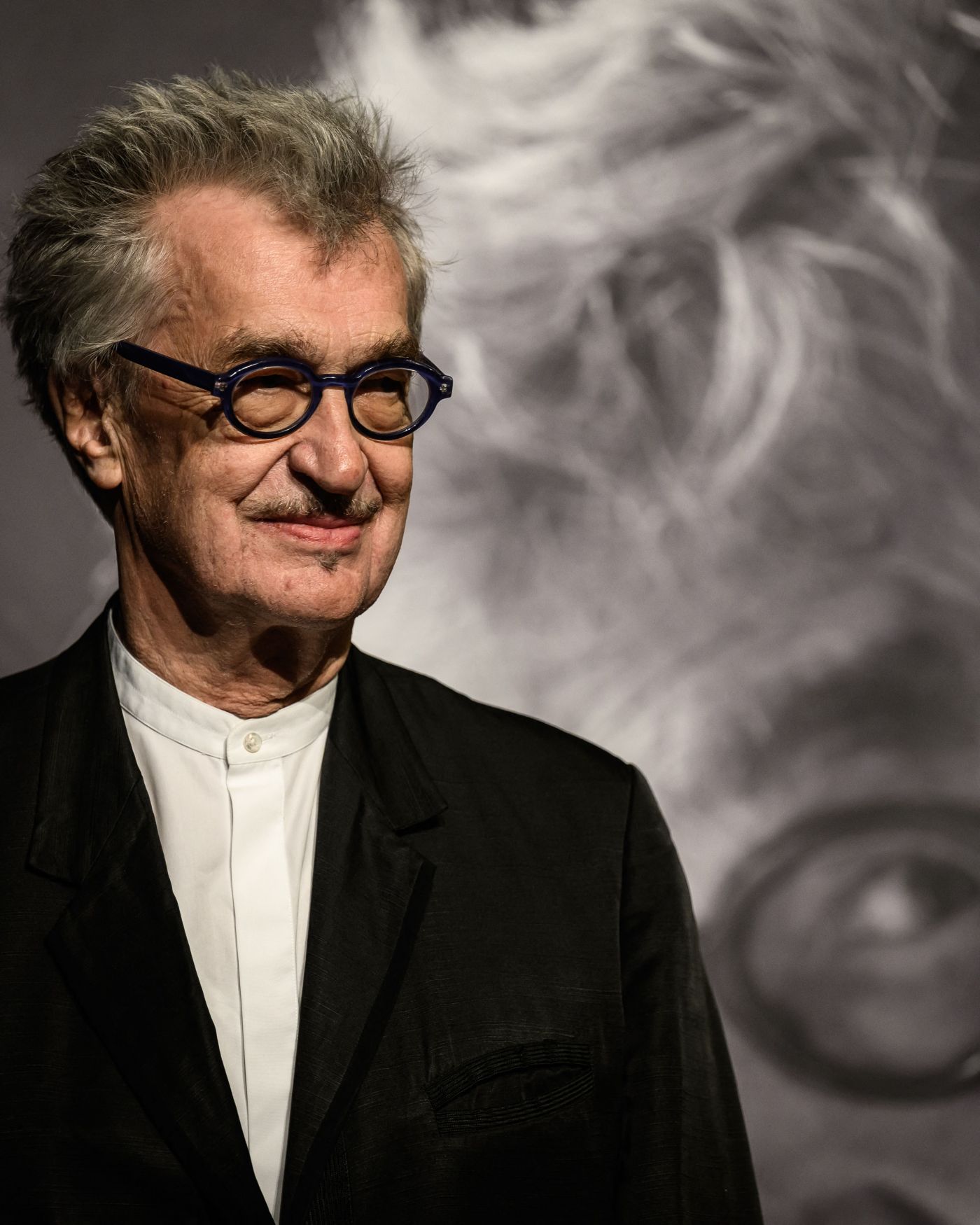
Wim Wenders unveils ‘Anselm,’ ‘Perfect Days’
With a career that spans half a century that began as a founder of what was then called ‘New German Cinema,’ Wim Wenders has expanded storytelling and cinematic styles with global hits like “Paris, Texas,” “Pope Francis: A Man of His Word” and “Wings of Desire.”
He’s received three Oscar nominations for his documentaries, including “Buena Vista Social Club” and is now fielding two buzzed-about pictures: This week’s “Anselm,” (at the Landmark Kendal Square) an inquiring portrait of postwar Germany’s greatest artist Anselm Kiefer available only in 3-D and, coming this month, “Perfect Days” which is shortlisted for an Academy Award nomination as Japan’s Best International Feature, a first for a German director. “Days” is a movie with a message: An enchanting character study of a lowly toilet cleaner who nevertheless experiences sublime happiness in his everyday routines.
Asked if he had planned this double header that has put him in awards contention around the world, Wenders, 78, laughed.
“Nobody in his right mind would have guessed this would happen! The documentary took an eternity, altogether three years. That was really a long time, during the entire pandemic, and then the other thing — that was fictional — came on the spur of a moment. It happened like a whirlwind and was done before I knew it.
“I shot ‘Perfect Days’ in 16 days and a month later it was ready at the same time of ‘Anselm.’ They should have never been ready at the same time. But it just so happened.”
Why three years making “Anselm”?
“When we started shooting I told him it’s going to not be done in one go. I will need several shoots. I didn’t know it was going to take seven of them — and it was going to be spread well over two-and-a-half years. With the editing, that took three years.
“It took me so long just to figure out how to do this and how to grasp the immensity of his work without talking about it. Because I knew I didn’t want to make a film of talking heads and I didn’t want him to explain himself or explain it.
“I wanted it to speak for itself. And it took a long time until I found the right way to show it and until I was able to face the immensity of the task that is linked to showing his work because he’s really a painter like no other before him. There is no limit.
“He’s the only painter I know who thinks that anything and everything can be painted: The universe, sciences, history, mythology, religion, poetry! Everything can be painted and that’s what you see when you encounter him at work.”
(Photo landmarktheatres.com)


